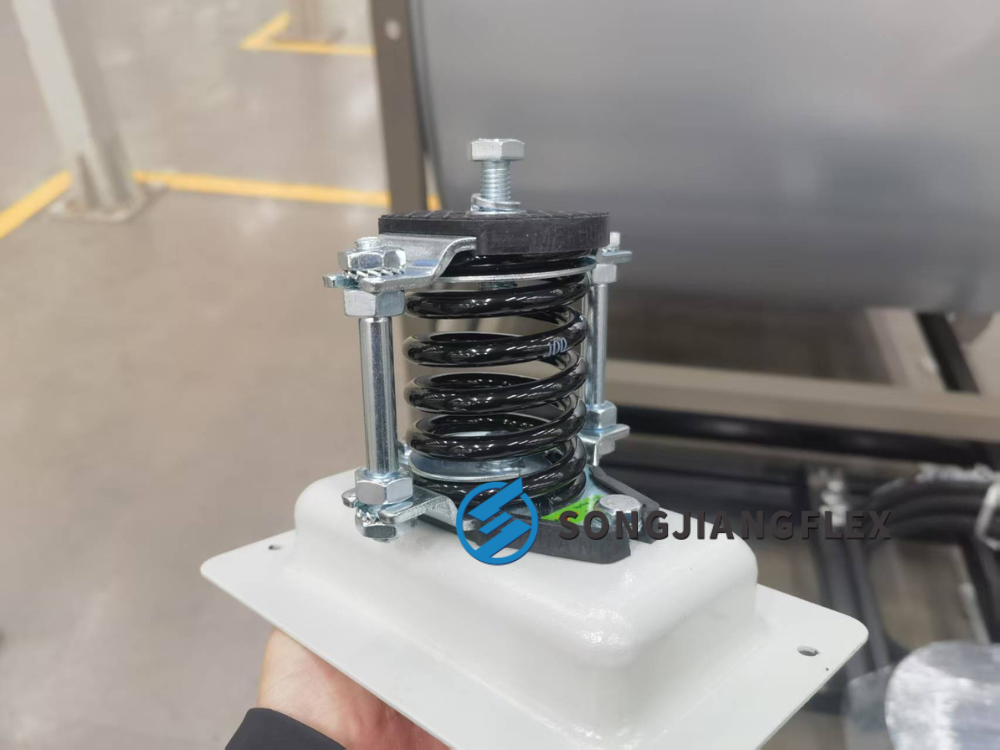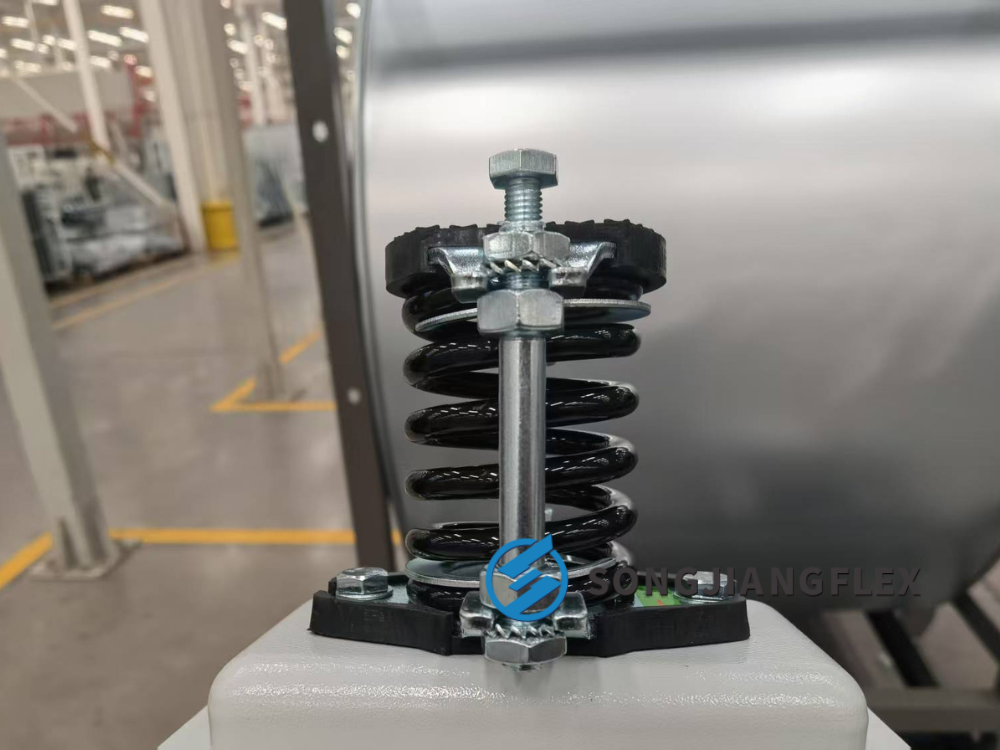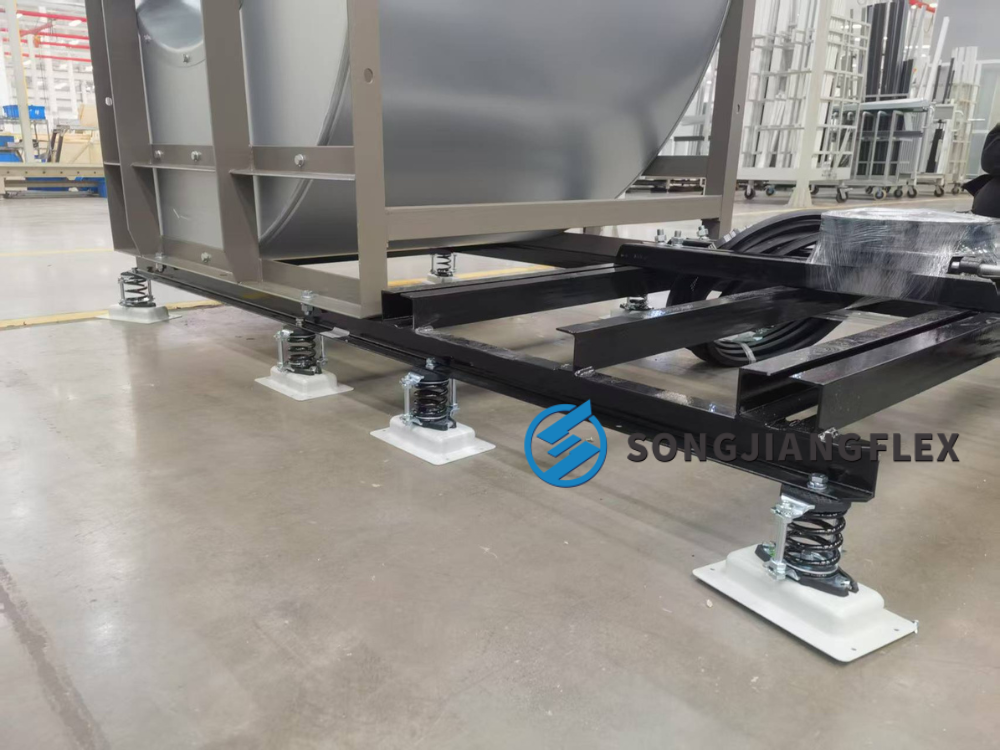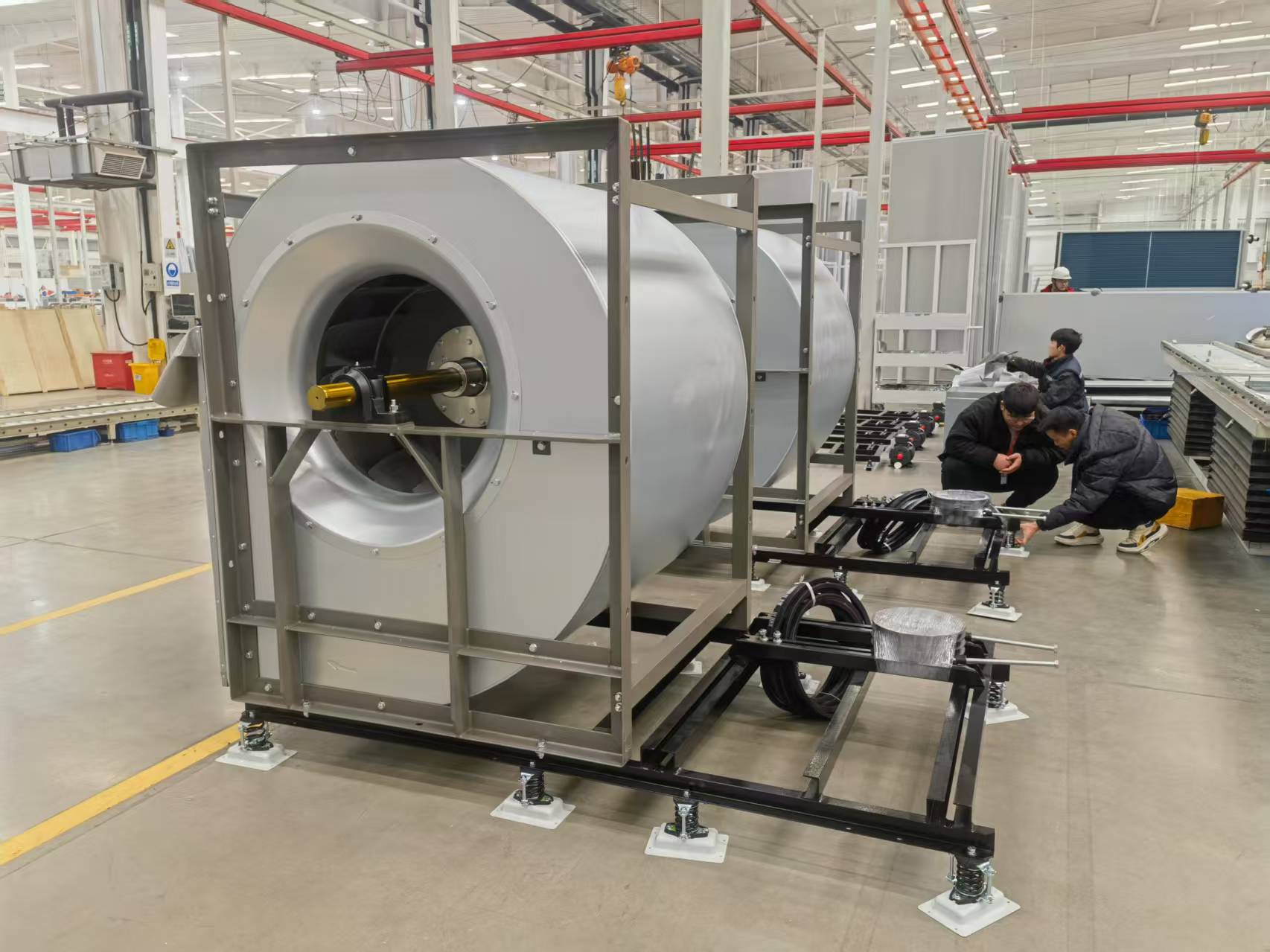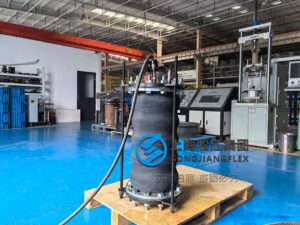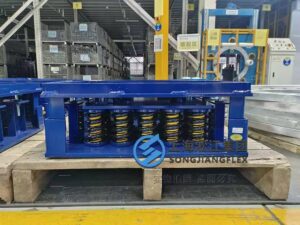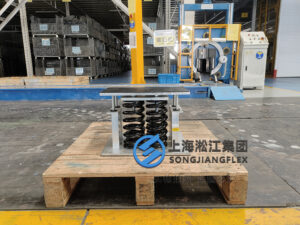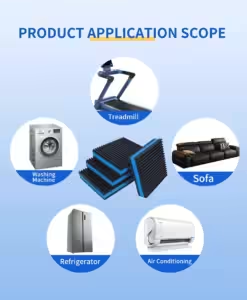Do generators need vibration isolators?
Leading Paragraph
Generators generate significant vibrations during operation, which can lead to operational inefficiencies, excessive wear, and even premature failure of the system. Without proper vibration isolation, these vibrations can spread to other machinery, causing noise pollution and mechanical damage.
Snippets Paragraph
Generators require vibration isolators to reduce the effects of vibrations, ensuring smooth and efficient operation. By using vibration isolators, you can prevent damage to the generator and surrounding equipment, enhancing both performance and longevity.
Transition Paragraph
Now, let’s explore how vibration isolators work and why they are essential for generators.
What is a vibration isolator and how does it work?
A vibration isolator is a device that reduces the transmission of vibrations from one object to another. It works by absorbing or isolating the energy generated by vibrations, preventing it from spreading to nearby equipment.
Vibration isolators are typically made from elastic materials like rubber or metal springs. They absorb vibration energy and prevent its transmission, ensuring the stability of machinery and reducing the risk of damage.
Vibration isolators are commonly used in equipment such as generators, compressors, and pumps. By absorbing vibrations, they reduce the wear and tear on the machinery, enhance performance, and lower maintenance costs. Examples include vibration isolator pads and generator isolators. They come in various designs depending on the application and environment.
Why do generators need vibration isolators?
Generators are powerful machines that produce significant vibrations during operation, which can be damaging if not managed properly. Vibrations can affect the internal components, lead to mechanical failures, and even disturb nearby equipment.
Using vibration isolators in generators helps reduce the impact of vibrations, preventing them from causing damage or spreading to other equipment, leading to smoother operations and longer machine life.
Generator vibrations can lead to numerous issues such as noise pollution and premature component wear. Installing generator vibration isolators or anti-vibration mounts for diesel generator can mitigate these effects. A properly installed isolator helps in absorbing vibrations, reducing operational disruptions, and protecting the surrounding infrastructure.
How do you dampen a generator vibration?
To reduce generator vibrations, you can employ various vibration damping techniques, primarily through the use of vibration isolators.
The most effective way to dampen generator vibrations is by installing devices such as spring vibration isolators or rubber isolators. These materials help absorb the energy produced by the generator, reducing its transmission to other parts of the system.
Heavy duty vibration isolators and vibration isolator mounts are ideal solutions for generators, especially in high-load environments. These isolators are designed to withstand high forces and effectively reduce vibration impact, preventing potential damage and extending the life of the generator.
What is a good vibration isolator?
A good vibration isolator is one that efficiently absorbs vibrations and isolates them from sensitive machinery, all while being durable and resistant to wear.
High-quality vibration isolators are made from materials such as high-grade rubber or metal springs. They should offer high damping capacity and durability, ensuring long-lasting protection against vibrations.
When choosing a vibration isolator, factors like load-bearing capacity, material quality, and environmental compatibility should be considered. For instance, generator isolator switch and spring vibration isolators HVAC offer high performance in diverse applications, ensuring minimal vibrations and optimal machine efficiency.
What is the difference between a vibration absorber and a vibration isolator?
While both vibration absorbers and vibration isolators aim to reduce vibrations, they achieve this in different ways. Understanding their differences is key to selecting the right one for your equipment.
Vibration absorbers are designed to absorb energy from vibrations, while vibration isolators focus on preventing the transmission of vibrations to other parts of the system. Both are important, but serve different roles depending on the application.
Vibration absorbers are commonly used in situations where damping energy from vibrations is needed, such as in high-frequency vibrations. On the other hand, vibration isolators are used for heavy-duty applications like generator vibration isolators, where isolating and reducing vibration propagation is critical for maintaining machine integrity.
Why is my generator vibrating so much?
Excessive vibration in a generator can be caused by various issues, from mechanical failure to poor installation practices. Identifying the root cause is crucial for addressing the problem effectively.
Generators may vibrate excessively due to unbalanced parts, worn-out components, or a lack of proper vibration isolation. Installing proper anti-vibration mounts for diesel generator can significantly reduce vibration levels and prevent further damage.
Common causes of excessive generator vibration include unbalanced rotors, loose components, and improper installation. Without proper isolation, vibrations can damage the generator and affect nearby equipment. Installing the right generator vibration isolators can help manage these vibrations, ensuring smoother operation.
What is a vibration isolator and why is it needed?
A vibration isolator is a critical component designed to reduce the transmission of vibrations from one part of a system to another, enhancing equipment longevity and reducing noise levels.
Vibration isolators are essential in preventing machinery damage, reducing noise, and improving operational efficiency by isolating vibrations at the source.
In applications like generators, vibration isolators such as heavy duty vibration isolators or vibration isolator pads help ensure the stability and performance of the equipment. These isolators absorb vibrations, preventing them from transferring to sensitive components or surrounding systems.
Summary
Generators require vibration isolators to manage vibrations, protect internal components, and improve operational stability. Choosing the right vibration isolator is key to ensuring long-term machine performance and reducing maintenance costs.
The following are the on-site photos of the spring vibration isolators for the fans, which were installed for the customers by our staff last month.
